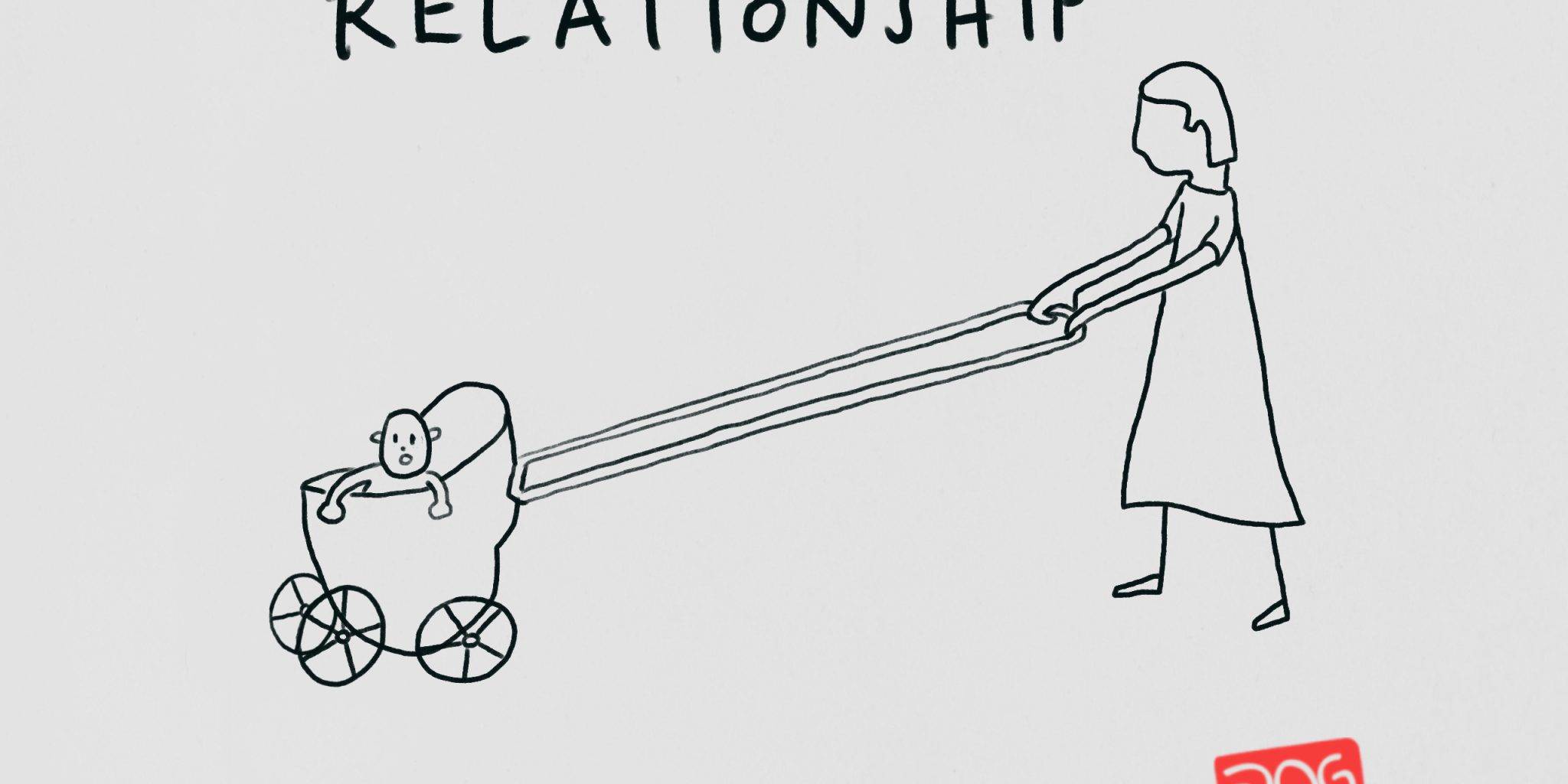Play nice
We wouldn’t need to "play nice,” if we believed we were inherently good.
From a young age, we’re taught to “play nice.” Parents, schools, and society reward us for being cooperative and compliant. Acting nice is often seen as being a good child and a good student.
Kindness and goodness become acts we perform like an actor rather than a genuine radiation of our inner being.
While it is supposed to help us fit in social settings, it conflicts with being genuine. Acting nice often means hiding how we really feel and who we really are to avoid conflict or rejection. This creates an inner conflict between wanting to be authentic and wanting to be accepted.
If we feel we need to please others to be loved and accepted, it shows we don’t believe in our inherent goodness. We wouldn’t need to “play nice,” if we believed we were inherently good. Kindness and goodness become acts we perform like an actor rather than a genuine radiation of our inner being.
This lack of belief in our inherent goodness means we think love and acceptance have to be earned through our nice actions. So, seeking approval from others becomes a major motivator, making us rely on external validation instead of believing in our own dignity.
This leads to a false sense of who we are, where our actions are all about meeting others’ expectations rather than being true to ourselves. We might go out of our way to make others happy, often at our own expense.
When can we stop being actors?
Our sense of self becomes shaped by how others see us, so we act nice to keep a good image. But relying on others for approval can hurt our self-esteem, independence, and deteriorate our mental health.
When can we stop being actors and teaching our children to play roles when we could instead build on the belief that we are all inherently good and be who we really are?
You may also like
Forever young
Why do we all want to stay young…
Long-distance Relationship
This is an observation I made while…
Wear discomfort like your favorite sweater
We‘ve been taught to avoid discomfort,…






